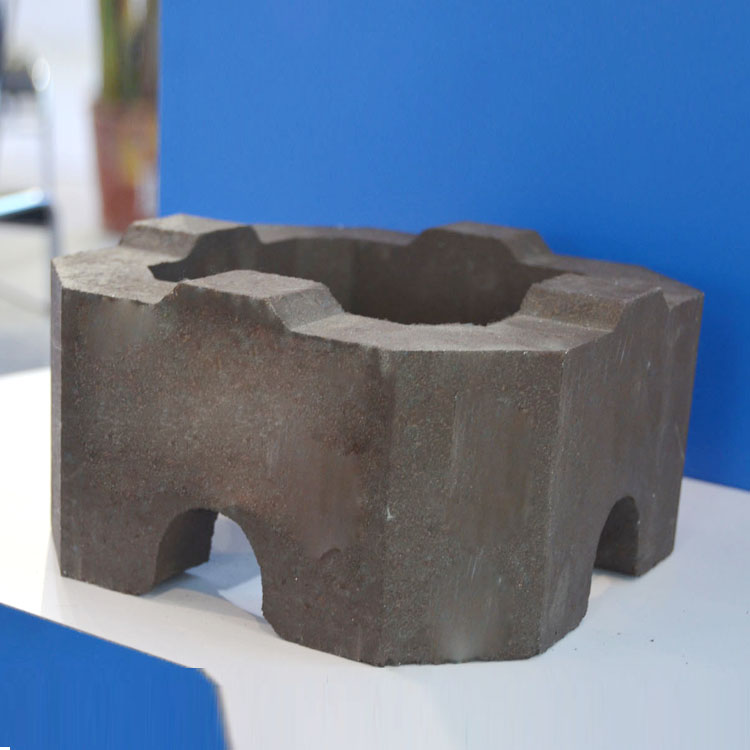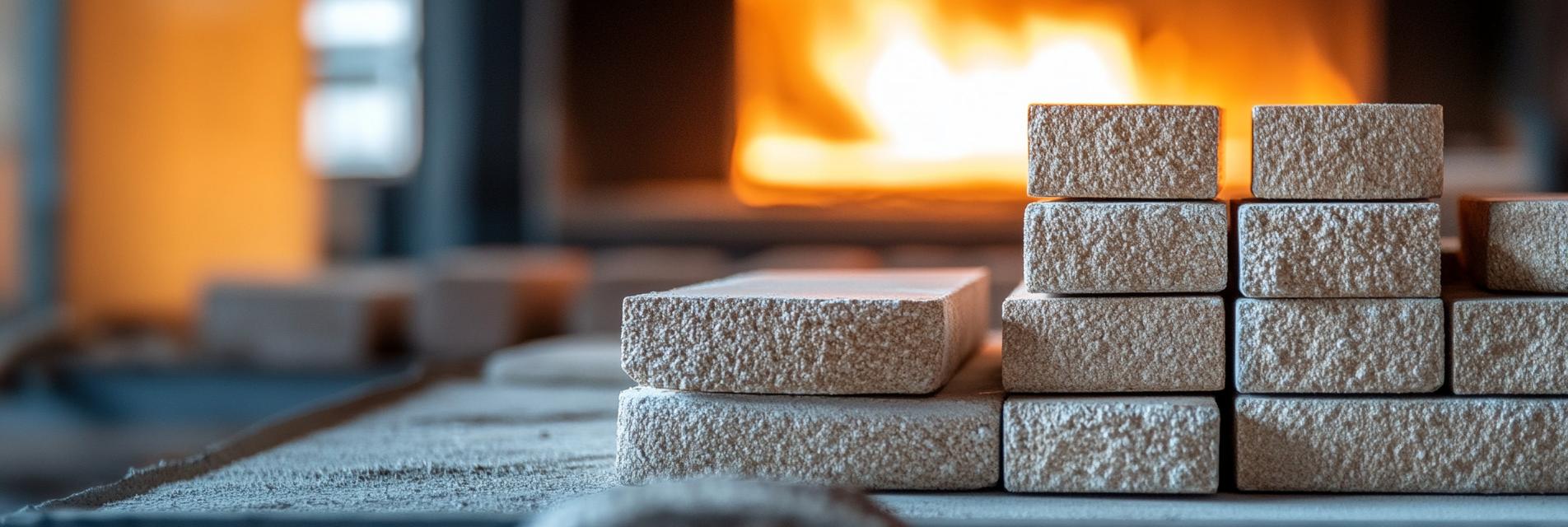
In the high - temperature industrial realm, selecting the right refractory material is a crucial decision that can significantly impact production efficiency, cost, and product quality. Among the various options, ordinary magnesia - chrome bricks and magnesia bricks are two prominent choices. This article will embark on a detailed comparison to find out which one deserves the title of the "King of High - temperature Applications".
Ordinary magnesia - chrome bricks possess a unique set of physical and chemical properties that make them stand out in high - temperature environments. They have high strength, with a compressive strength that can reach up to 50 MPa, which enables them to withstand heavy loads in industrial furnaces.
In terms of corrosion resistance, they are highly resistant to acidic and basic slags. For example, in a chemical plant where corrosive substances are present at high temperatures, magnesia - chrome bricks can maintain their integrity for an extended period. Their excellent anti - slag property is also remarkable. Studies have shown that the slag penetration depth in magnesia - chrome bricks is only about 10 - 15 mm after long - term exposure to high - temperature slags, while other materials may have a much deeper penetration.
Moreover, their thermal shock stability is outstanding. They can endure rapid temperature changes without significant cracking or spalling. A real - world example is in steelmaking furnaces, where the temperature can fluctuate rapidly during the smelting process, and magnesia - chrome bricks can still perform well.

Ordinary magnesia - chrome bricks have found extensive applications in various high - temperature industrial scenarios. In the steel - making industry, they are used in the lining of electric arc furnaces, converters, and ladles. Their high strength and anti - slag properties ensure the safe and efficient operation of these furnaces, reducing the frequency of repairs and replacements.
In the glass - manufacturing industry, they are used in glass melting furnaces. The high - temperature resistance and chemical stability of magnesia - chrome bricks can prevent the glass from being contaminated by the refractory materials, thus improving the quality of the glass products.
| Property | Ordinary Magnesia - chrome Bricks | Magnesia Bricks |
|---|---|---|
| Strength | High compressive strength up to 50 MPa | Compressive strength around 30 - 40 MPa |
| Anti - slag Property | Slag penetration depth about 10 - 15 mm | Slag penetration depth around 20 - 30 mm |
| Thermal Shock Stability | Excellent, can withstand rapid temperature changes | Good, but less resistant to rapid temperature changes compared to magnesia - chrome bricks |
A large - scale steel mill in Europe replaced the magnesia bricks in its electric arc furnace with ordinary magnesia - chrome bricks. After the replacement, the furnace lining's service life increased from 300 heats to over 500 heats, significantly reducing the maintenance cost and improving the production efficiency. Another glass - manufacturing company in Asia reported that using magnesia - chrome bricks in its melting furnaces improved the glass quality and reduced the energy consumption by about 15%.

In conclusion, ordinary magnesia - chrome bricks have significant advantages over magnesia bricks in terms of strength, anti - slag property, and thermal shock stability. Their wide range of applications in high - temperature industries and successful case studies demonstrate their reliability and effectiveness.
If you are looking for a high - performance refractory material for your high - temperature applications, don't miss out on our ordinary magnesia - chrome bricks. To learn more about our products or to get professional advice, please visit our official website [Website URL] or contact us at [Contact Email].

